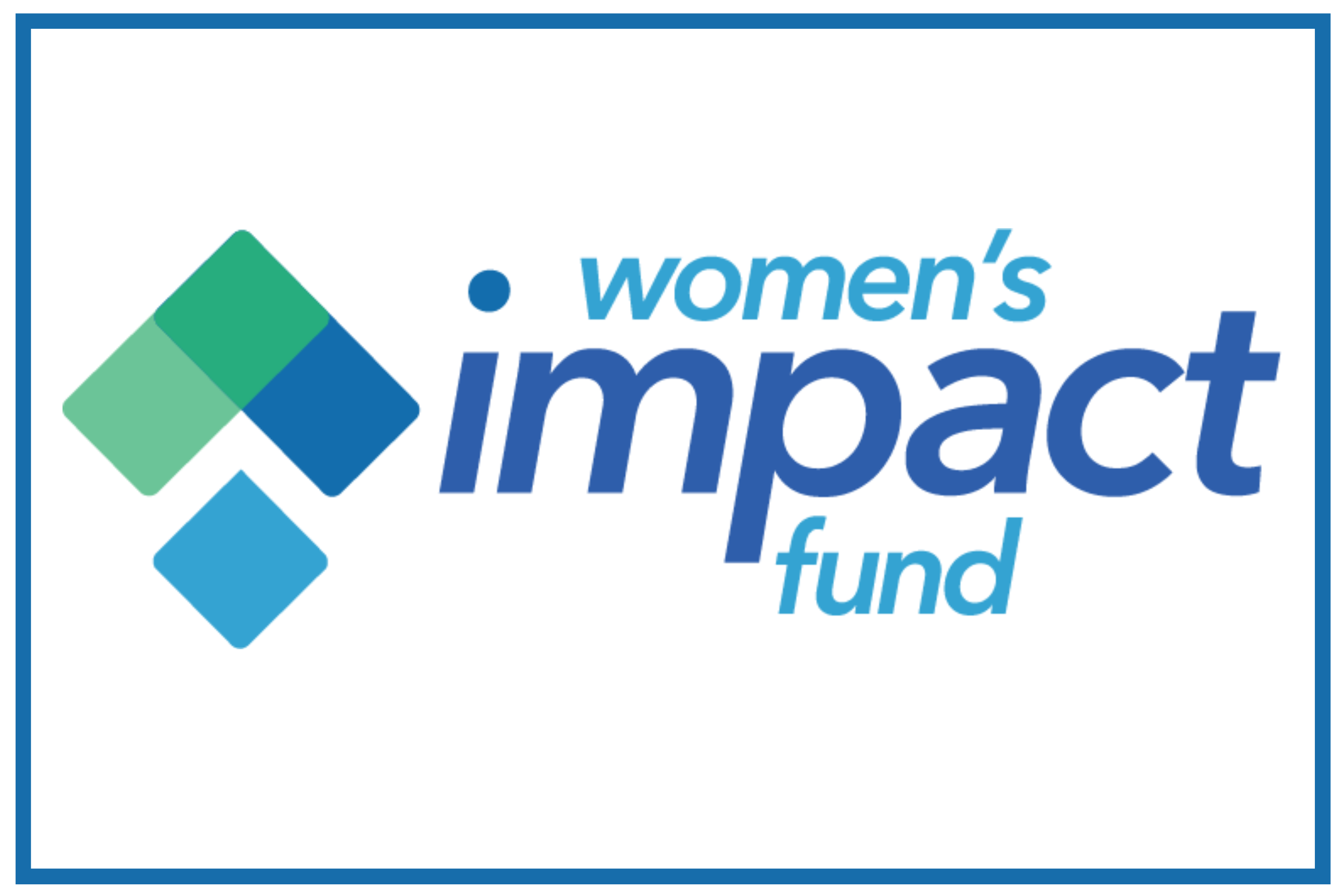
Dear Women’s Impact Fund members,
As board members, we are pleased to provide an update on recent efforts to advance diversity, equity, and inclusion at the Women’s Impact Fund. This work grew out of our strategic plan for 2020-2023, which has as one of its goals “to create a more diverse membership and inclusive organization.” It also aligns with one of our values – inclusion – where we seek to embrace diverse perspectives and recognize that our collective spirit thrives when all voices are heard.
Since September, the Diversity, Equity, and Inclusion Task Force, led by board members Ann Allen and Jonell Logan, has been engaged in an extensive listening and learning process to gain feedback and develop recommendations as to how WIF can become a more diverse, equitable, and inclusive organization. Task Force members sought out and received feedback from grantees, nonprofit finalists, and corporate sponsors; reviewed articles provided by Philanos; spoke with representatives from other giving circles, and interviewed many current and former WIF members. Particular attention was paid to getting input from people of color within each stakeholder group.
At the same time, the board engaged Patrice Funderberg of Educate2Engage to facilitate implicit bias training for all Grants and Spark Committee members and other committee leaders, as well as to conduct a separate series for all board members. During these sessions, participants explored the margin-to-center activity for personal reflection and learned about Choice Points as a tool for collective change. They also reflected on these words from angel Kyodo williams, “Without inner change, there can be no outer change. Without collective change, no change matters.”
Exploring diversity and inclusion is not new to WIF but rather is a journey we have been on for a while. We have much to be proud of. Our organization is a leader in collective giving and philanthropy, both locally and nationally. Even so, we have opportunities to improve. Our Task Force findings point to near-term actions and long-term, strategic change that we must thoughtfully consider. Practicing humility and seeking to understand different perspectives are important aspects of diversity and inclusion.
It is also a best practice in the field of philanthropy for funders continually to examine issues of race, class, privilege, and inclusion, including what they are doing either to uphold or address inequities in society. Philanos, the Charlotte Funder Collaborative, and philanthropic organizations across the country are all engaged in similar work. While each organization’s journey looks different, there are also best practices from which we can learn.
In the next phase of this journey, working groups will take the findings from the Task Force and develop actionable recommendations in two areas: grantmaking and membership. Expanding into working groups allows us to include more voices in this work and dig deeper into each topic. Look for more information about these areas of focus at our upcoming Annual Meeting on May 10.
We are grateful to the Task Force members who have served to date and those who are a part of the working groups. We are excited about the enhanced impact WIF could have because of these efforts and look forward to sharing more updates with you in the future. If you want to learn more about the Task Force, get involved, or share feedback, please reach out to Executive Director Patricia Massey Hoke.
In curiosity,
WIF Board of Directors, April 2021


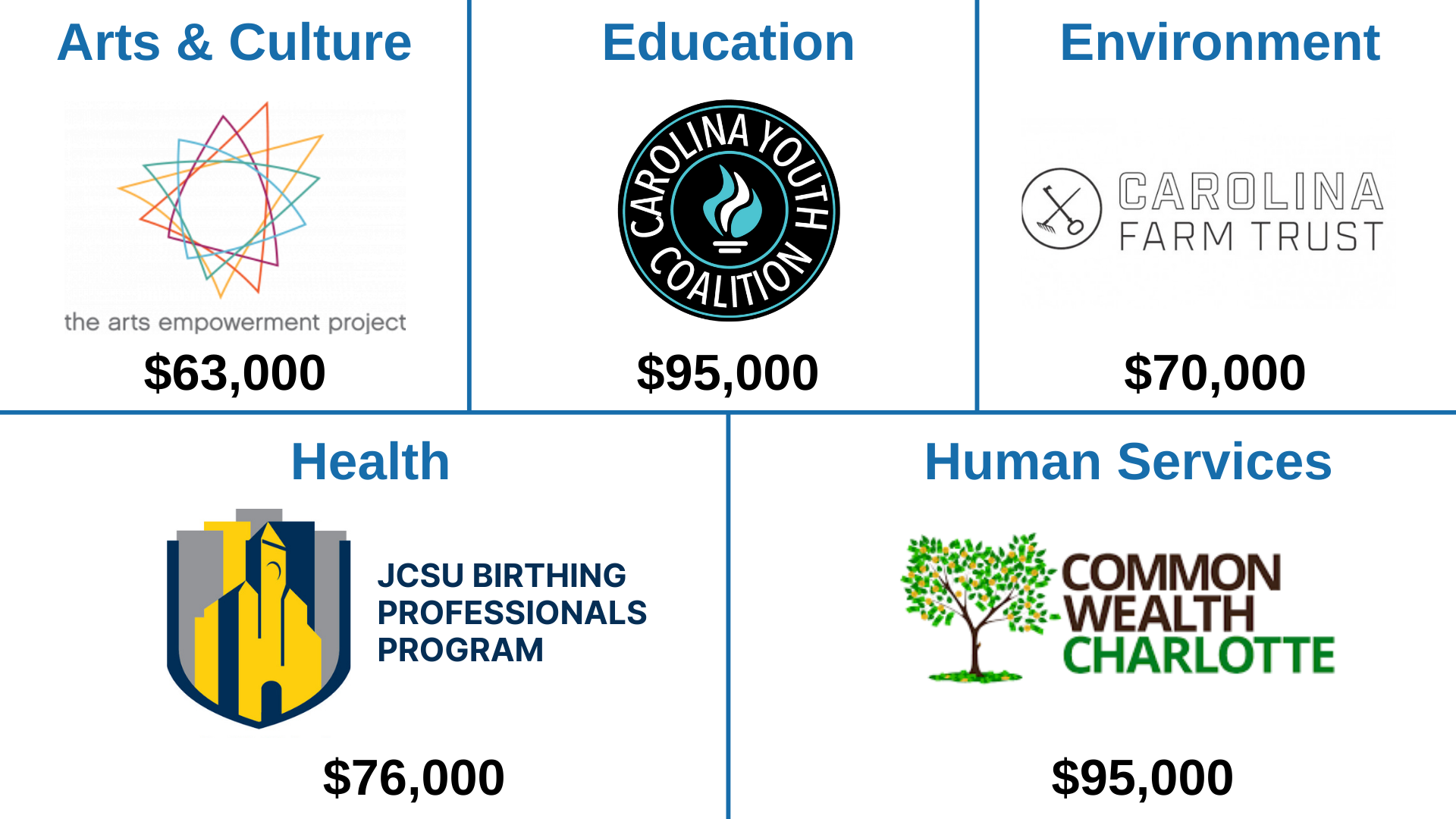
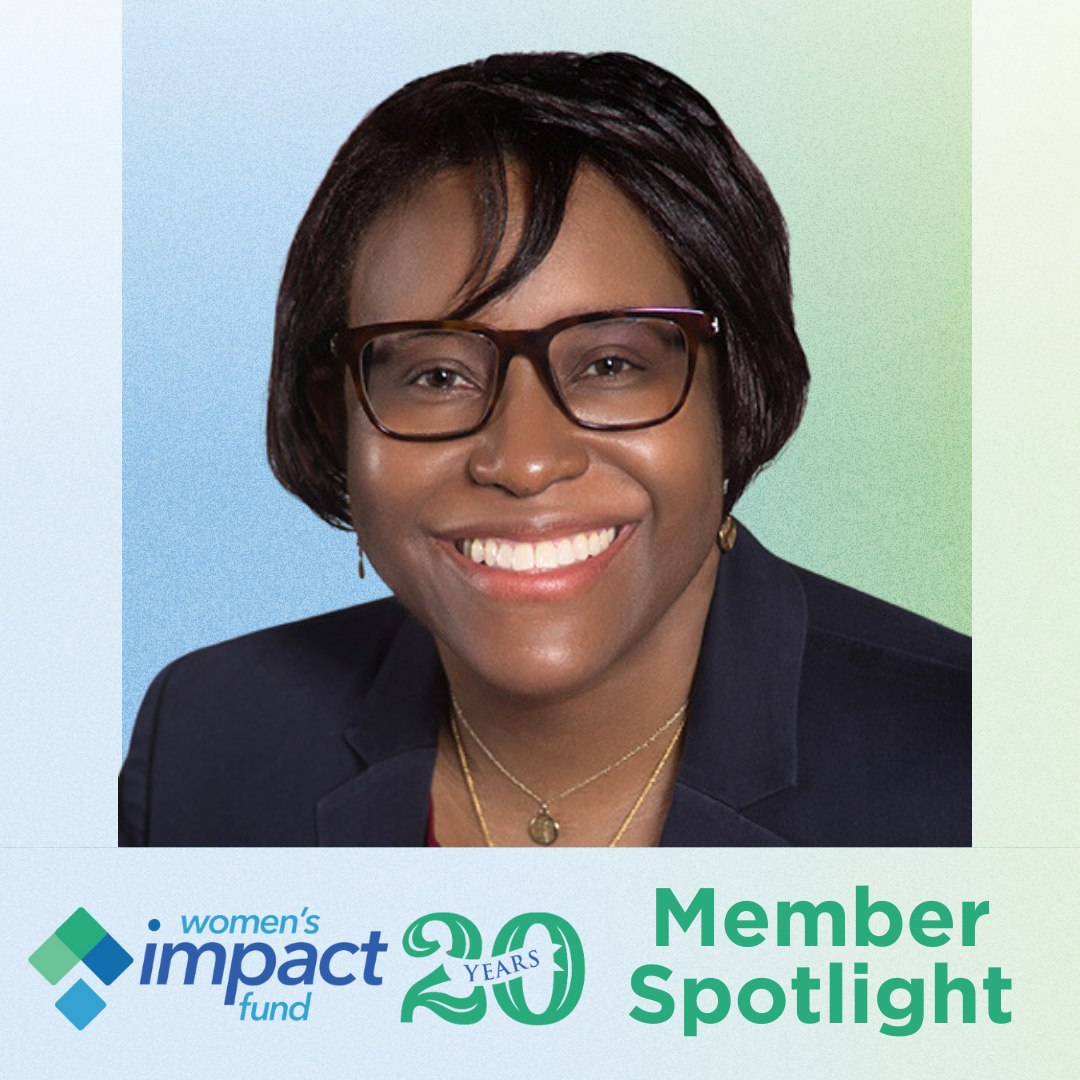
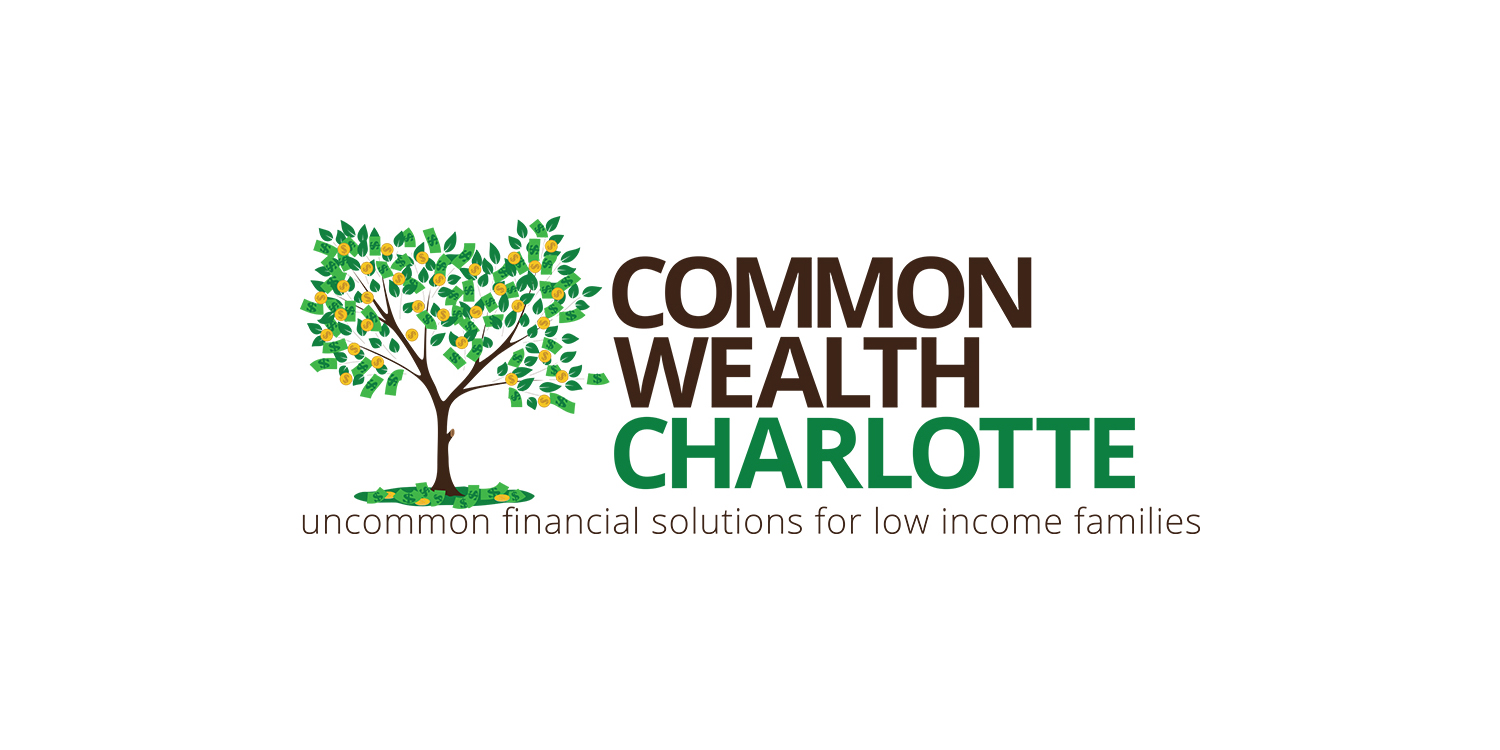
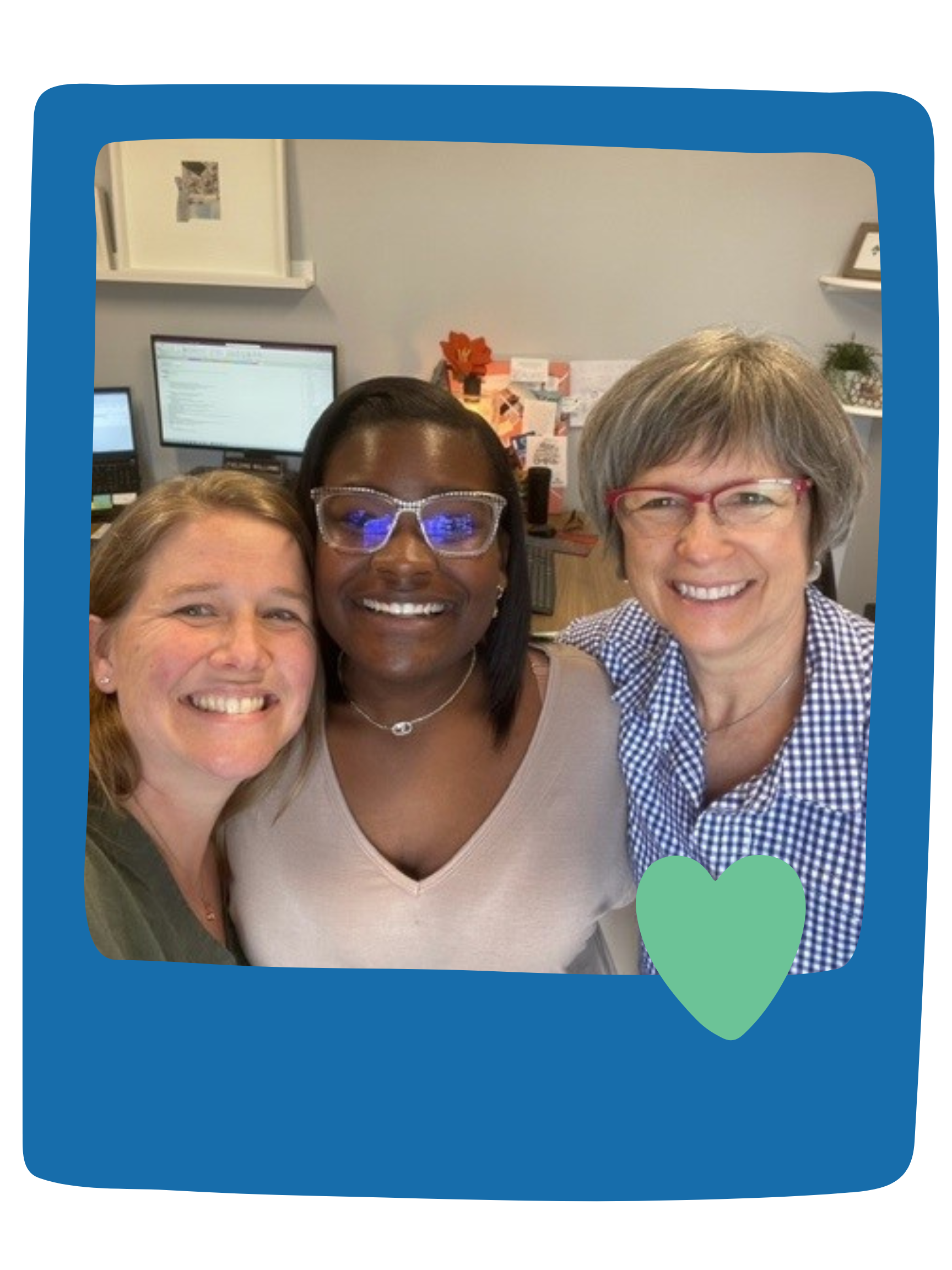
Leave a Reply